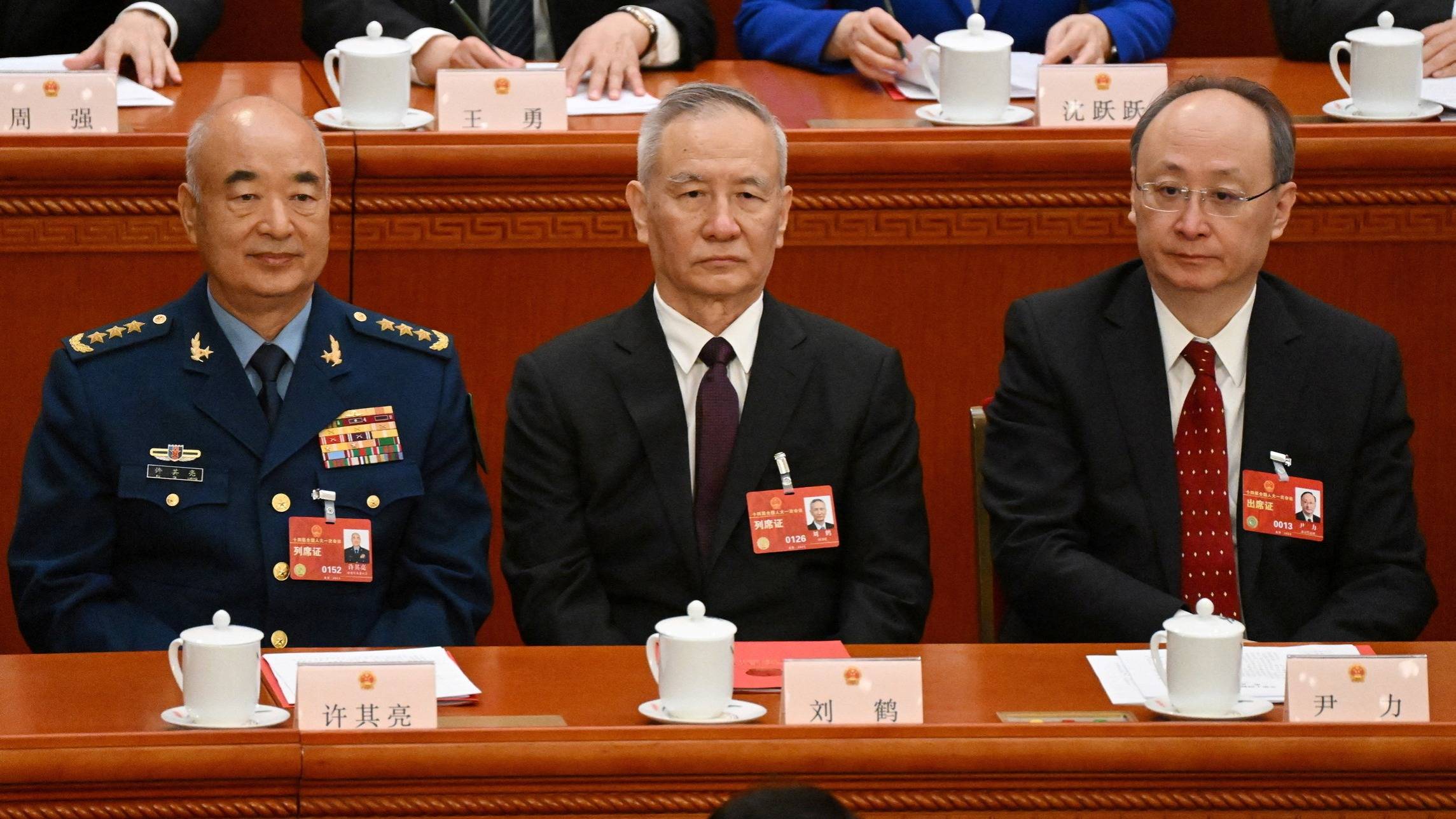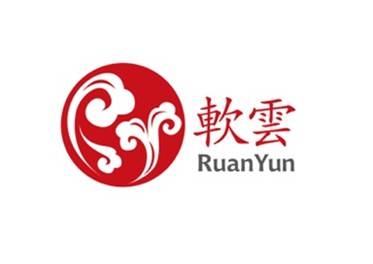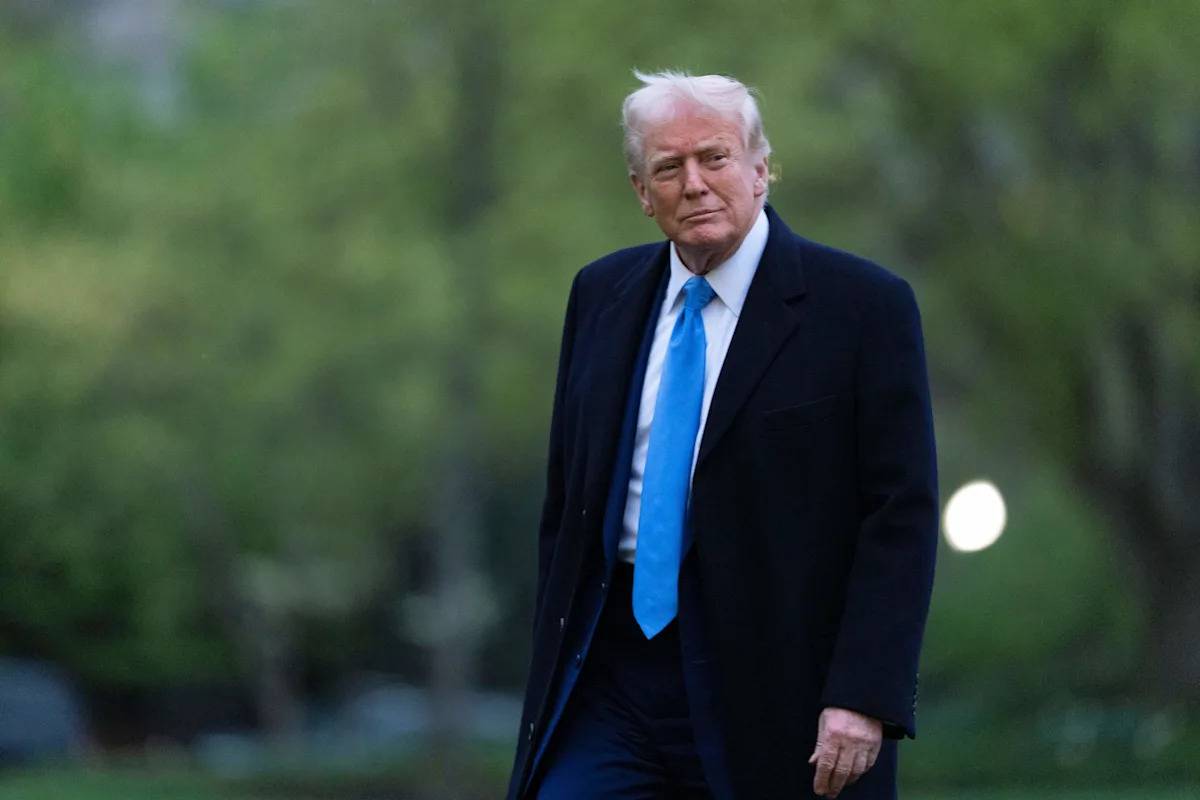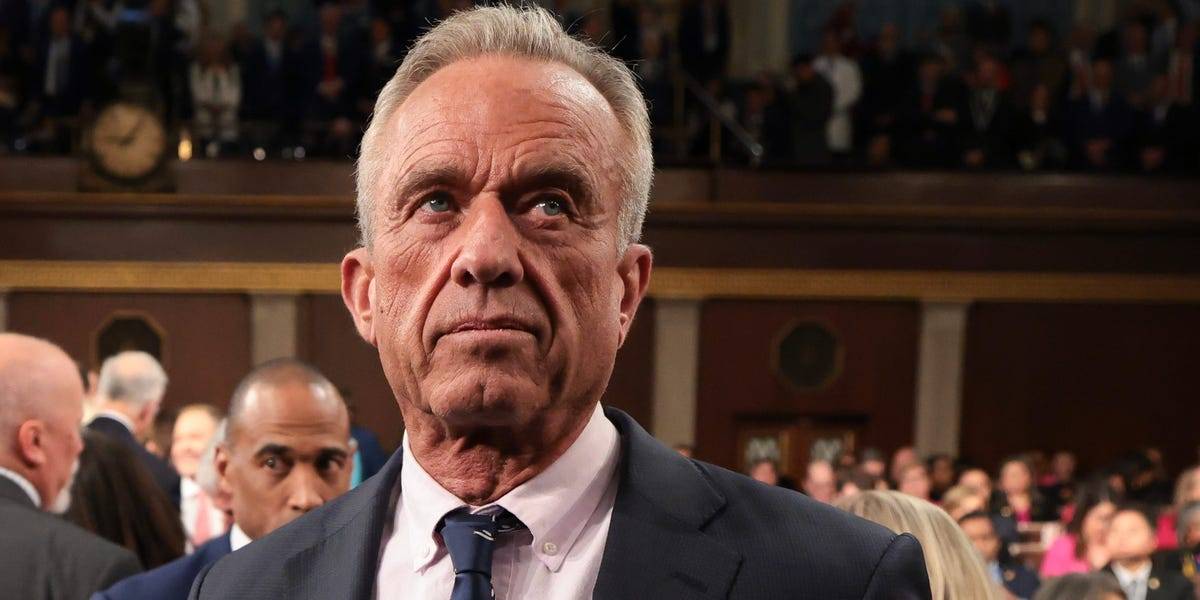China’s ongoing crackdown on corruption in the financial sector marks a significant shift in the country’s economic landscape. This campaign, spearheaded by President Xi Jinping, aims not only to root out corruption but also to redefine the role of finance in China’s new economic order. The efforts have led to the investigation of over 90 financial industry executives in 2023 alone, with about 70% of these cases involving the banking system. High-profile investigations and arrests, such as those of former state-owned bank executives, have become routine, underscoring the government’s commitment to curbing financial excesses and enforcing stricter oversight.
At the heart of this transformation is Xi Jinping’s doctrine of “common prosperity”, which seeks to reduce the wealth gap and curb the excesses of the elite. This has led to policies such as salary caps for financial professionals in state-backed institutions, with an annual limit of about $412,460. Professionals who earned more than this limit in previous years are required to return the excess, highlighting the government’s resolve to address income disparity. Additionally, banks like China International Capital Corp (CICC) have undergone significant ideological shifts, with a growing emphasis on party loyalty over financial gains.
The anti-corruption campaign also targets executives with “extravagant” lifestyles, promoting a simpler way of life aligned with party directives. Financial elites are no longer exempt from scrutiny, and any perception of superiority or special treatment is being challenged. This shift has led to a brain drain in the financial sector, as many professionals find the new emphasis on political loyalty and reduced financial opportunities discouraging. Banks and brokerages have slashed bonuses and travel perks, further dampening morale in the industry.
Beijing’s strategy includes creating new anti-corruption entities focused on the finance sector. These bodies are designed to intensify oversight and ensure compliance with state economic priorities, such as lending to strategic sectors like manufacturing. While this transformation has significant implications for China’s economic development and financial sector stability, it also points to a broader restructuring of the economy aimed at avoiding financial instability and aligning with state-defined high-quality development goals.
China’s financial sector is undergoing a profound transformation driven by anti-corruption efforts and a redefinition of its economic priorities. The impact on financial elites and the broader industry reflects a strategic shift toward tighter government control and a more equitable society, but it also poses challenges for the sector’s competitiveness and attractiveness to talent.










